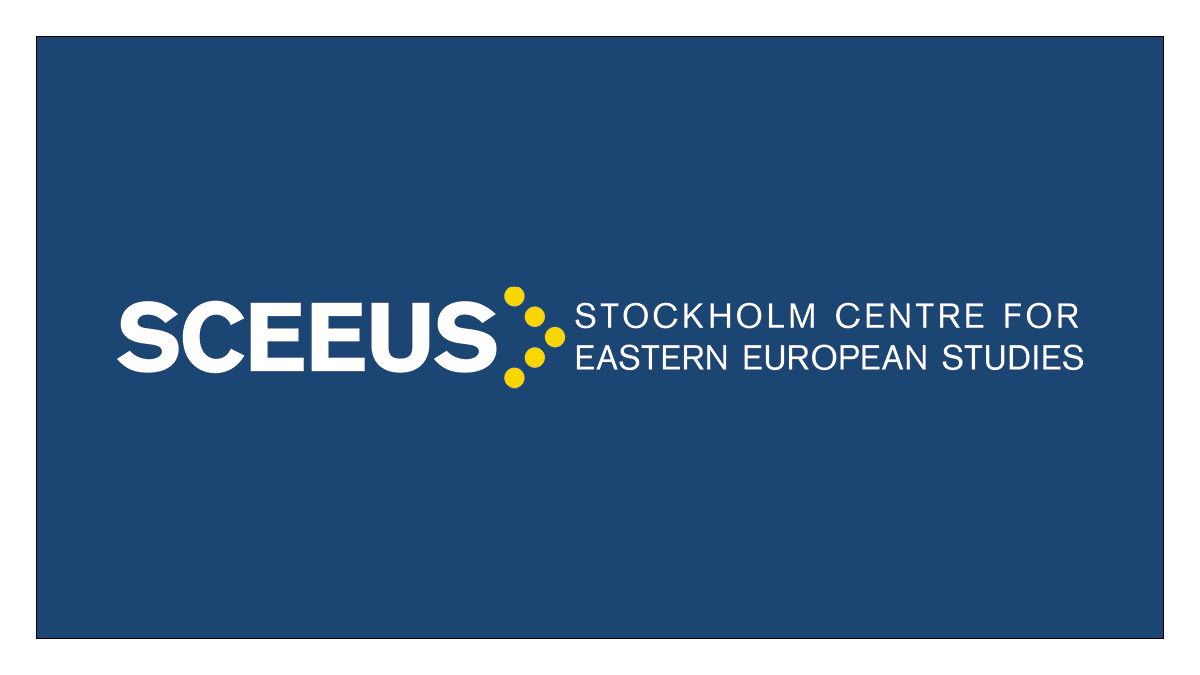Dispelling Myths: the Social and Economic Implications of Ukraine’s Membership in the EU
3/31/2025

There are concerns in Europe about the social and economic implications of Ukraine's joining the European Union. Researchers at the Stockholm Center for East European Studies, Clara Lindström and Nicole Jeffler, tried to understand the issue and refute these far-fetched fears.
We are talking about the three most common speculations:
Myth 1. Ukraine is one of the world’s largest grain exporters and has vast farmland. Many European farmers fear competition from our country. Some openly state that after joining the EU, Ukraine would become the main consumer of subsidies under the Common Agricultural Policy (CAP) programs, in other words, it would simply draw over the money from other countries’ funding.
Experts do not deny that Ukraine's accession to the EU would affect the agricultural sector. But there are certain mechanisms that can mitigate and even manage these effects.
First, implementing transition periods to limit Ukrainian farmers’ access to full CAP subsidies (as was the case when Spain joined the EU in 1986) could balance out the costs of integrating Ukraine into the common agricultural market over time.
Limits on subsidy payments and restrictions on large agricultural holdings could also be introduced.
A separate point could be our country’s commitment to implementing reforms on food safety.
Finally, internal competitive pressure within the EU could be eased by channelling Ukrainian agricultural products to third markets.
Thus, the researchers believe that the prospect of Ukrainian membership might motivate member states to be more creative and enhance the efficiency of CAP, which would ultimately benefit the EU as a whole, while skillful management would minimize the risks.
Myth 2: Ukraine’s accession to the EU would generate a wave of mass migration.
This myth is based on the information that Ukraine has lower wages than Europe, so after accession, most Ukrainians will go to Europe in search of a better life. The researchers point out that our compatriots already enjoy Temporary Protection Status, which grants residency, work rights and social benefits to Ukrainian refugees throughout the EU. There are also mechanisms to restrict and protect labor markets in European countries. For example, after the EU enlargement in 2004, 12 out of 15 member states introduced such temporary restrictions, which lasted for up to seven years.
Myth 3. Ukraine’s European integration would have a negative impact on the economic support of other member states, in other words, the economy and governance system are not yet ready for such a procedure.
In this regard, the authors draw attention to the already tested protection mechanisms, such as the cap on cohesion policy allocations and the implementation of temporary safeguard measures on imports of selected products, as stipulated by Article 144 of the Treaty on the Functioning of the European Union.
Also, Ukraine’s economy has significant potential for growth, so our country’s membership should be a useful and beneficial event for the EU.
